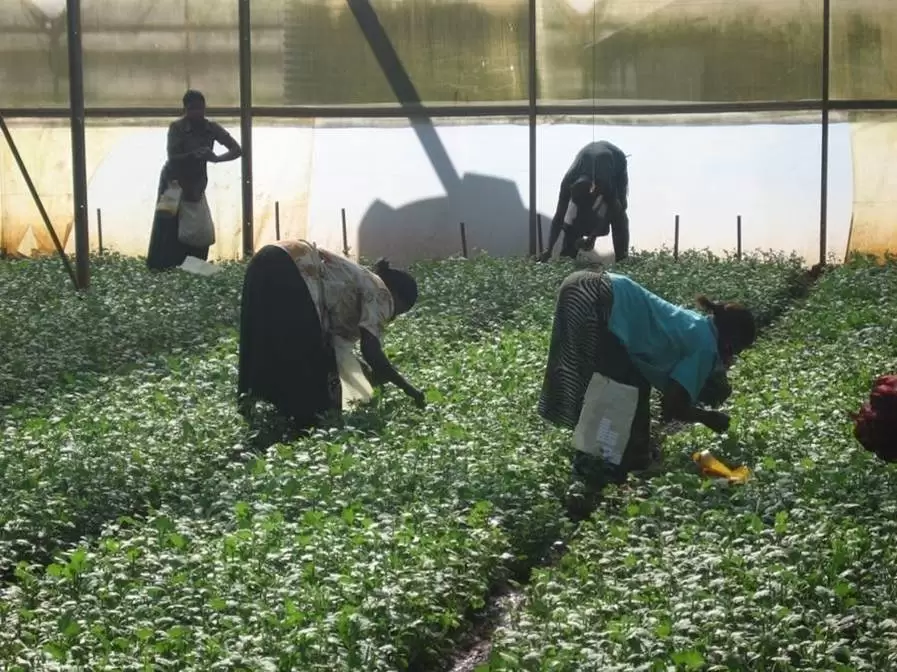The IUF has welcomed a new report from the IPEN, the NGO network for a toxics-free future, highlighting the impact on women of exposure to chemicals.
Gender Review Mapping with a Focus on Women, which was co-written with the Strategic Approach to International Chemicals Management, confirms that women can be exposed to a pesticides at work even if they do not apply them directly, for instance when they are picking tea leaves, washing pesticide containers or contaminated protective equipment.
Other key findings include:
- Women in agriculture and food canning may be subject to high exposure to carcinogens and hormone disrupting chemicals (EDCs), increasing the risk of breast cancer, with the risk of premenopausal breast cancer being highest for food canning workers
- There is a lack of research and information about women’s exposure to chemicals or nanomaterials and their effects on women’s specific physiology or endocrine system, as well as the long term effects on their reproductive health. Gender-disaggregated data in labour statistics is unfortunately often lacking for occupational exposure to hazardous chemicals
- Women generally are disproportionately impacted by exposure to chemicals and wastes and have less access to participation in decision making
The report recommends that governments adopt both regulations to protect women from exposure to EDCs and legislation to prohibit the import, export and use of highly hazardous pesticides.
As ICCM5 President Gertrud Sahler has noted, “In my view it is vital that we use the potential of gender mainstreaming to make our work in the field of chemicals and waste more comprehensive, more impactful and more sustainable. Providing everyone with equal rights, opportunities and responsibilities in decision-making is not only a human rights issue, it is key to achieving the 2030 Sustainable Development Goals.”
Further reading: IUF Manual “Making women visible in occupational health and safety”
